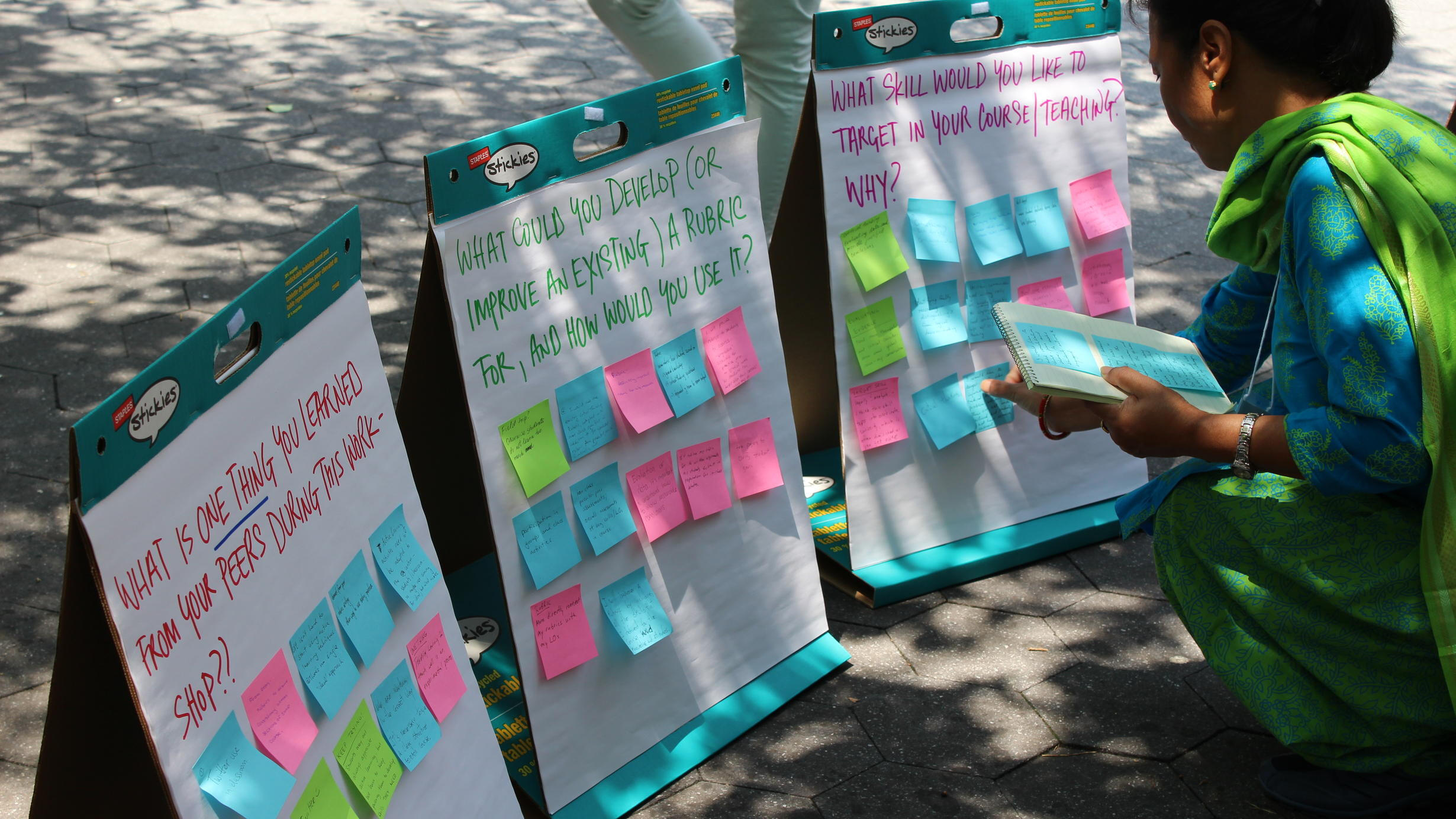Advancing Conservation Education
Related pages

Efforts to improve conservation education and training should target not only what is taught, but also how it is taught. Our program helps educators use the teaching techniques that research shows are most effective in developing active and collaborative learning. These practices in turn help students develop the skills and competencies they will need as the researchers, managers, and decision-makers of the future.
Our professional development events convene educators and practitioners around the world for a variety of purposes, including:
Using an action-oriented, participatory approach to conservation education, our popular Conservation Teaching and Learning Studios bring together teams of educators from around the world to exchange teaching strategies, train in evidence-based pedagogical approaches, and practice new techniques.
We hold short courses at international and regional scientific conferences, including the International Congress for Conservation Biology and the Student Conference on Conservation Science - New York.
If you are interested in working with NCEP to develop a training event that fits your needs, please contact us at [email protected] or check here for our latest event.
Our research in science education focuses on how educators can improve and assess student learning gains in terms of both conservation knowledge and skills. We are particularly interested in targeting skills required for professional conservation practice, such as critical and systems thinking, data analysis, collaborative problem solving, and professional communication. We apply these findings in our conservation training events and module collection.
With support from the U.S. National Science Foundation, we have assessed educator experiences using NCEP modules in the classroom and measured student learning gains. We found significant gains in learning and student confidence with content knowledge, as well as greater interest in the field of biodiversity conservation following the use of NCEP modules in undergraduate courses.
In another National Science Foundation-supported study, we worked with faculty across the U.S. and Puerto Rico, and found that student practice and self-reflection can foster enhanced performance in oral communication, data analysis, and critical thinking in as little as one term.
Related pages